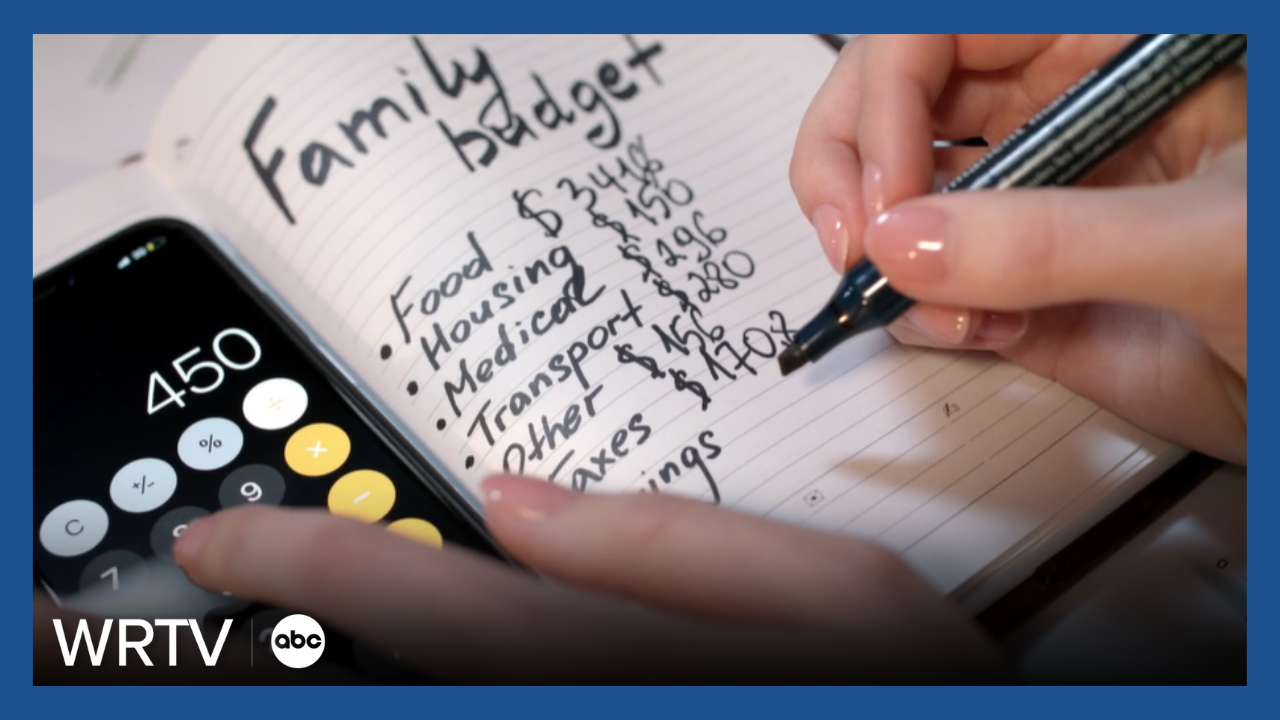CARMEL — A government shutdown can bring uncertainty, especially when it comes to financial stability.
Bruce Maginn, a financial advisor at Solomon Financial with nearly 40 years of experience, said shutdowns can serve as a reminder to strengthen personal finances.
“We’re kind of like a priest — some people come in here embarrassed to show what they have or haven’t accomplished financially, but we’ve seen it all,” Maginn said.
Shutdowns are typically brief, he noted. The longest lasted 35 days from December 2018 to January 2019. But no matter the length, Maginn said it’s important to be financially prepared.
“We don’t know when the next COVID’s gonna hit, we don’t know the next health problem, we don’t know what we don’t know,” he said.
Maginn recommends several steps:
- Be prepared for possible delays. While government services for those receiving Social Security, Medicare and Veterans’ benefits should not be impacted, there could be delays in processing applications or making changes for existing beneficiaries.
- Ensure you have a healthy emergency fund. This is important if you have the possibility of being laid off or furloughed due to a shutdown. It’s critical you have three to six months worth of expenses, so you don’t fall behind on bills and financial obligations.
- Look to diversify your income. If your main income relies on the federal government, you might want to look at ways to diversify your income. This could include taking on a side job or utilizing a hobby to create a passive income stream during a shutdown.
- Review your budget prior to a shutdown. Cut out unnecessary expenses to ensure you can cover basic living costs for as long as possible. You should also communicate with your creditors. Explain how the shutdown will impact you and see if they offer you modified payment plans or grace periods.
- Stay calm and avoid rash decisions. Although it’s easy to panic during turbulent times, making hasty financial decisions could put you in a more difficult position. Avoid liquidating long-term investments at a loss or accruing high-interest debt.





